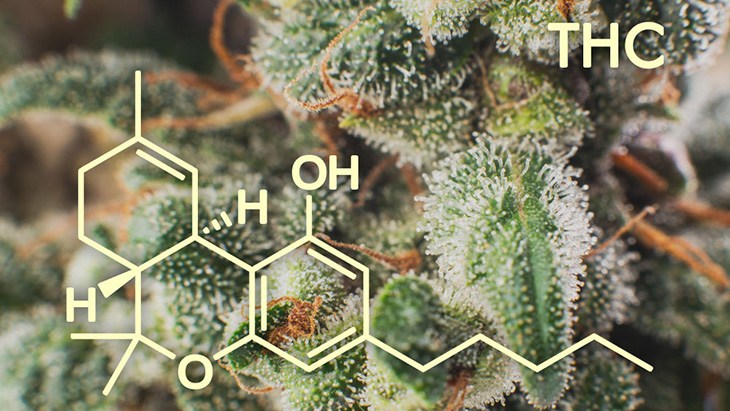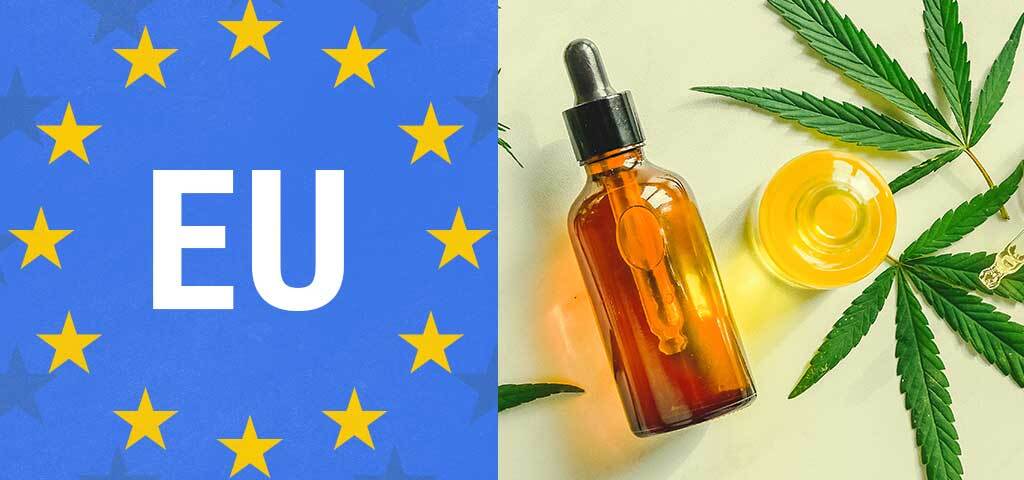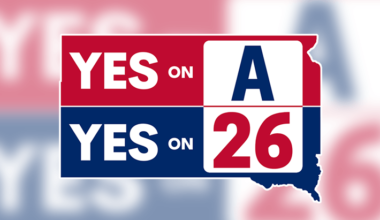[ad_1]
The enactment of statewide laws legalizing marijuana is associated with reductions in opioid prescribing patterns, according to data published in the journal Health Economics.
A team of investigators from Harvard Medical School and the University of Kentucky assessed the relationship between the enactment of medical-use and adult-use legalization laws and opioid prescriptions for adults (ages 18 to 64) enrolled in employee-sponsored health insurance programs.
Authors reported, “[T]he implementation of medical marijuana laws (MMLs) and recreational marijuana laws (RMLs) reduced morphine milligram equivalents per enrollee by seven percent and 13 percent, respectively.” Medical cannabis access was predominantly associated with reductions in older enrollees (those ages 55 to 64), while adult-use access was predominantly associated with reductions among younger and middle-aged enrollees (those ages 35 to 54). Those who reported possessing physical access to retail marijuana sales experienced the greatest percentage decrease in opioid prescription dosages.
Researchers concluded, “Our findings suggest that both MMLs and RMLs have the potential to reduce opioid prescribing in the privately insured population, especially for the middle-aged population.”
The study’s findings are similar to several others – such as those here, here, and here – concluding that marijuana legalization is correlated with a reduction in opioid prescriptions among patients enrolled in either Medicaid or Medicare Part D. Most recently, data published in the journal Applied Health Economics and Health Policy reported that the enactment of marijuana legalization in Canada preceded a “marked decline” in the volume of opioids prescribed to patients enrolled in both public and private health care plans. Another recent study, published last month in the British Medical Journal (BMJ) reported that the greater availability of cannabis access via storefront dispensaries and retailers is associated with declines in opioid-related deaths.
The abstract of the study, “The impact of medical and recreational marijuana laws on opioid prescribing in employer-sponsored health insurance,” appears online here. Additional information is available from the NORML fact-sheet, “Relationship Between Marijuana and Opioids.”
[ad_2]
Source link
Medical Disclaimer:
The information provided in these blog posts is intended for general informational and educational purposes only. It is not a substitute for professional medical advice, diagnosis, or treatment. Always seek the advice of your physician or other qualified healthcare provider with any questions you may have regarding a medical condition. The use of any information provided in these blog posts is solely at your own risk. The authors and the website do not recommend or endorse any specific products, treatments, or procedures mentioned. Reliance on any information in these blog posts is solely at your own discretion.







